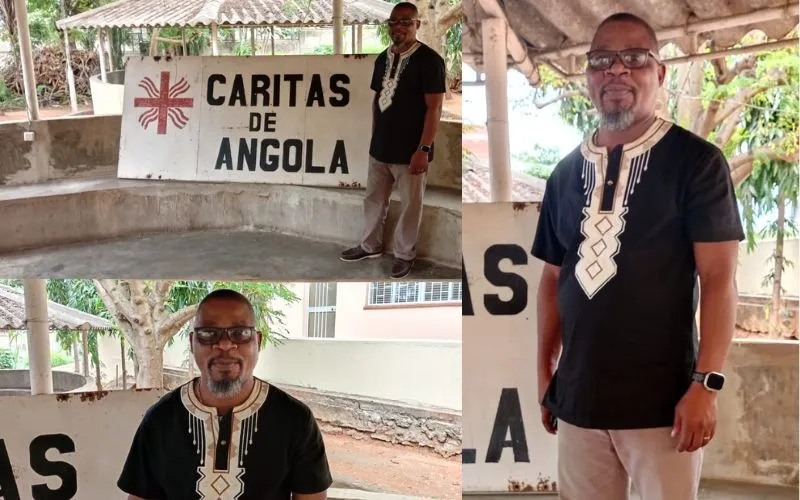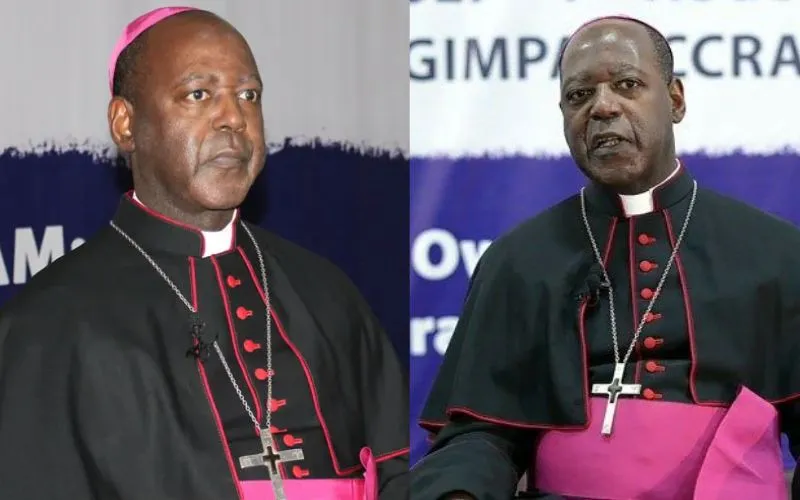Street protests erupted before and after Mozambique’s electoral commission declared that the country’s ruling party, Frelimo, had won the October 9 presidential election, extending its 49-year hold on power.
The new opposition party Podemos and its presidential candidate, Venancio Mondlane, rejected the results that the electoral commission announced. Earlier, other opposition candidates, civil society groups, and observers said the election was marred by fraud.
More than 130 have been reported killed in clashes with law enforcement agencies, a Reuters December 24 report indicated, citing civil society monitoring group Plataforma Decide.
On December 24, Mozambique’s Constitutional Council, the country’s top court with the final say over electoral processes, confirmed the victory of the ruling party, Frelimo, which has governed the Southern African nation since 1975.
In the January 6 interview with ACI Africa, Gotine expressed optimism about the future of the nation.
“I believe Mozambique has great potential. With leaders committed to the people's welfare instead of personal gain, and with a determined youth, the nation can prosper,” he said.
The Caritas official went on to reflect on the activities of the development arm of the Church in Mozambique, saying, “Caritas Mozambique is doing well overall, despite its challenges. However, the current global situation diverts attention and resources away from our needs, significantly reducing the assistance we can offer to communities.”
Gotine associated resource scarcity that the entity is grappling with with the global focus on conflicts in Europe and the Middle East, including the war between Russia and Ukraine and tensions involving Israel and Hezbollah.
He said reduced support had forced some Diocesan Caritas offices to downsize staff, affecting aid delivery to displaced persons.
“Resources have decreased greatly for providing aid. We must now think about sustainability for ourselves instead of waiting for external assistance,” he said.








